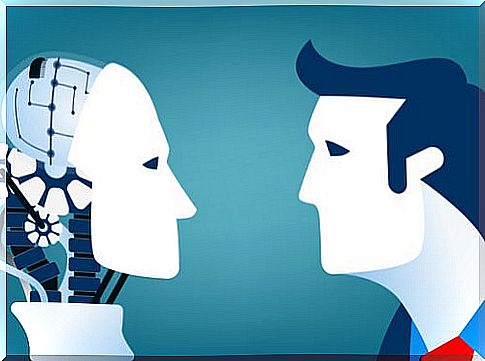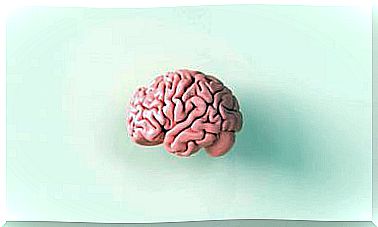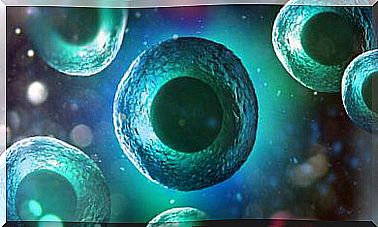What Is Frankenstein Syndrome?

The Frankenstein syndrome refers to the fear that the creations carried out by the human being will turn against him, destroying humanity. Mary Shelley’s novel, published in 1818, picks up on this concern. “You are my creator, but I am your lord” says the monster to Victor Frankenstein at the end of the play. His spawn ends up turning against him and destroying him.
Frankenstein, a literary character, is considered the monster that only inherited his surname from his creator. Created from scraps of human bodies, he was born against his will, without a womb to engender him, but he assumed his existence and tried to live in a world that rejected him. Hence the context of the Frankenstein Syndrome.
Frankenstein syndrome, when our creation rebels
This syndrome is obviously related to Shelley’s novel, where the doctor wanted to emulate the creator, “play God”, so that his initial aspirations were diverted towards objectives that went beyond maintaining and caring for life. The name of the doctor is today a symbol of science deviated from its objectives by stepping on slippery terrain that can threaten the human being and the continuity of life as we know it.

It is no secret to anyone that digital development, genetic manipulation and cloning have made exponential progress in recent decades. Even as society becomes more and more familiar with all these changes and advances, it is difficult to assimilate the continuous changes and possibilities that the future will bring.
The new can generate rejection, especially when it directly affects the human being. The existence of a technology capable of modifying the inheritance of living beings seems to many to be abominable in the ideological sense and generates uncertainty about what may happen to these creations in the future.
Cloning, one of the starting points of the Frankenstein syndrome
The cloning of Dolly the sheep led to the debate in society about the possibility of cloning people. From the technical level, it is believed that it can be done, although it should be noted that the ethical question is present. When we talk about human cloning, the ethical debates that can be opened are almost infinite. The first human embryo cloning experiment aroused rejection by political and religious bodies around the world.
However, its authors defended scientific progress by ensuring that it is not to create a human being, but for “therapeutic purposes.” Therapeutic cloning has the support of most of the international scientific community, which is confident that this will be a potential treatment for chronic diseases, such as cancer, Alzheimer’s, Parkinson’s or diabetes, among others.
Genetic manipulation
Genetics is one of the sciences that has advanced the most in recent years. Experts in evolution and genetics insist on the need to differentiate between genetic manipulation according to the purpose it pursues : that which would be done with the objective of curing or preventing diseases and that which would be aimed at “improving the human species”.
It is obvious that, like any technology, genetic manipulation is not without its dangers. However, the truth is that the genetic modifications practiced in a good number of species, including humans, are almost always designed to improve our quality of life by minimizing risks : diseases are fought, necessary food or products are obtained or scientific knowledge is improved.

Technological advances, the fear of Frankenstein syndrome
Technophobia refers us to terms as feared as cyber warfare, machines that take over our lives, lack of privacy through social networks, etc. The fear of changes is very human, we get used to living in a way and suddenly the rules change or change us, but in reality the human being adapts again and again to changes.
Technological advances are an indispensable part of our lives. Of course, we also have to recognize that these advances are not always perfect. In fact, sometimes the fear of the possibilities that are open to us is justified, since we never know in whose hands and what the new conquered power can serve. However, there is a great distance from that fear of the Frankenstein syndrome.









